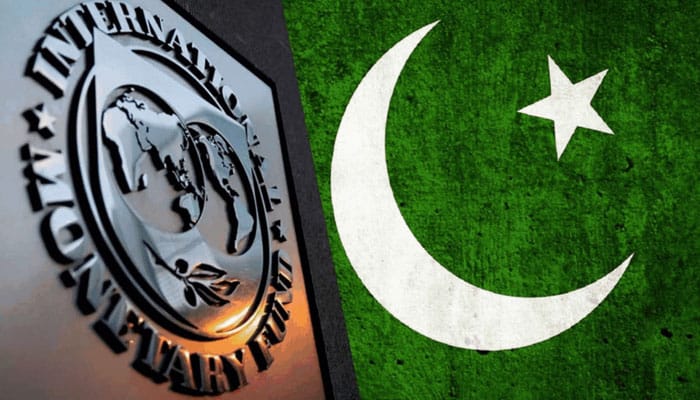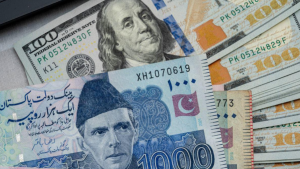
[ad_1]
ISLAMABAD: Pakistan is facing a significant challenge in meeting the International Monetary Fund’s (IMF) demands to address its financial woes.
The IMF has called on the federal government to impose a mini-budget to cover the Rs. 189 billion revenue shortfall or present a concrete plan to control fiscal expenditure.
This directive comes as Pakistan struggles to stabilize its economy, with the IMF seeking to prevent further fiscal slippages and address potential financial gaps before February- March 2025.
To address these concerns, Finance Secretary Imdad Ullah Bosal and Federal Bureau of Revenue (FBR) Chairman Rashid Mehmood Langrial held an initial meeting with the visiting IMF team.
The government has already taken steps to increase revenue, with Finance Minister Muhammad Aurangzeb reporting tax collections of Rs. 11 billion from retailers, wholesalers, and distributors in the first fiscal quarter. Additionally, the FBR has enforced stricter tax regulations to boost collections.
However, the Power Division’s proposal to introduce higher fixed rates for on-grid solar energy may have unintended consequences, potentially slowing solar adoption.
The IMF’s primary objective is to implement corrective measures to prevent further fiscal slippages and address potential financial gaps. If expenditure cuts remain limited, the IMF may push harder for a mini-budget to boost the tax-to-GDP ratio to desired levels.
Pakistan’s economic situation is precarious, and meeting the IMF’s demands will require tough negotiations. The government must balance its efforts to stabilize the economy with the need to promote growth and development. The IMF’s support is crucial, but it comes with stringent conditions that Pakistan must navigate carefully.
[ad_2]
Source link





